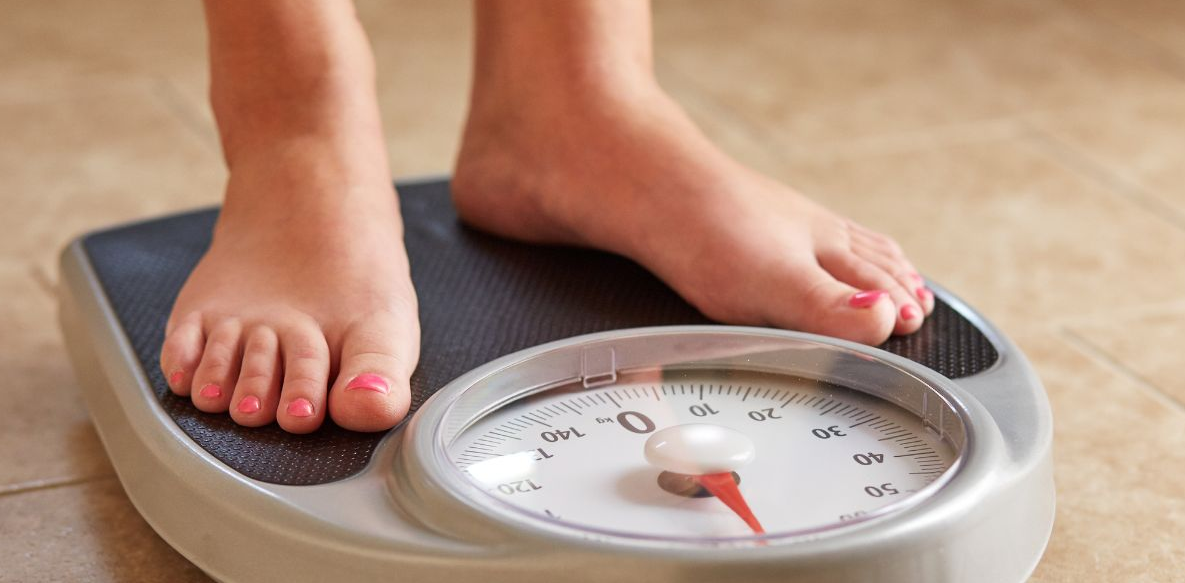The basic understanding of blood sugar and its role in our body
Our bodies break down the carbohydrates from food into sugars, primarily glucose. This glucose enters our bloodstream, and insulin, a hormone produced by the pancreas, is transported into the cells where it is used for energy.
The body continuously works to maintain a stable glucose level in the blood. However, certain factors such as diet, physical activity, stress, and existing health conditions can cause blood sugar levels to fluctuate, leading to imbalances.
Signs of Blood Sugar Imbalance
Recognizing blood sugar imbalance can prompt you to seek medical attention, helping to prevent potential complications. Here are 5 indicators to watch for
1. Fatigue
Feeling tired all the time no matter how much sleep you get could be a sign of high or low blood sugar. When your blood sugar is too high, your cells may not be getting the glucose they need for energy. Conversely, when your blood sugar is too low, there’s not enough fuel to keep your body running optimally.

2. Frequent Thirst and Urination
If you suffer too highblood sugar, your kidneys work overtime to process and expel the excess glucose through urine. This process pulls fluids from your tissues, leading to increased thirst as your body tries to replenish its water supply. Consequently, you may find yourself needing to urinate frequently.
3. Unexpected Weight Changes
Unexplained weight loss or gain can be among the signs you have blood sugar imbalance. Suppose your body’s insulin production is impaired. In that case, glucose cannot be adequately transported into cells for energy, causing your body to burn fat and muscle for energy instead, leading to weight loss. On the other hand, high insulin levels can cause your body to store more fat, leading to weight gain.

4. Blurry Vision
When your blood sugar is high, it can cause the lens in your eyes to swell, affecting your ability to see. Meanwhile, low blood sugar can disrupt the function of the cells in your eyes, leading to blurry vision.
5. Slow Healing
High blood sugar levels can affect your body’s healing process. Over time, high glucose levels can impair blood flow and damage the nerves, making it harder for your body to heal wounds.


















